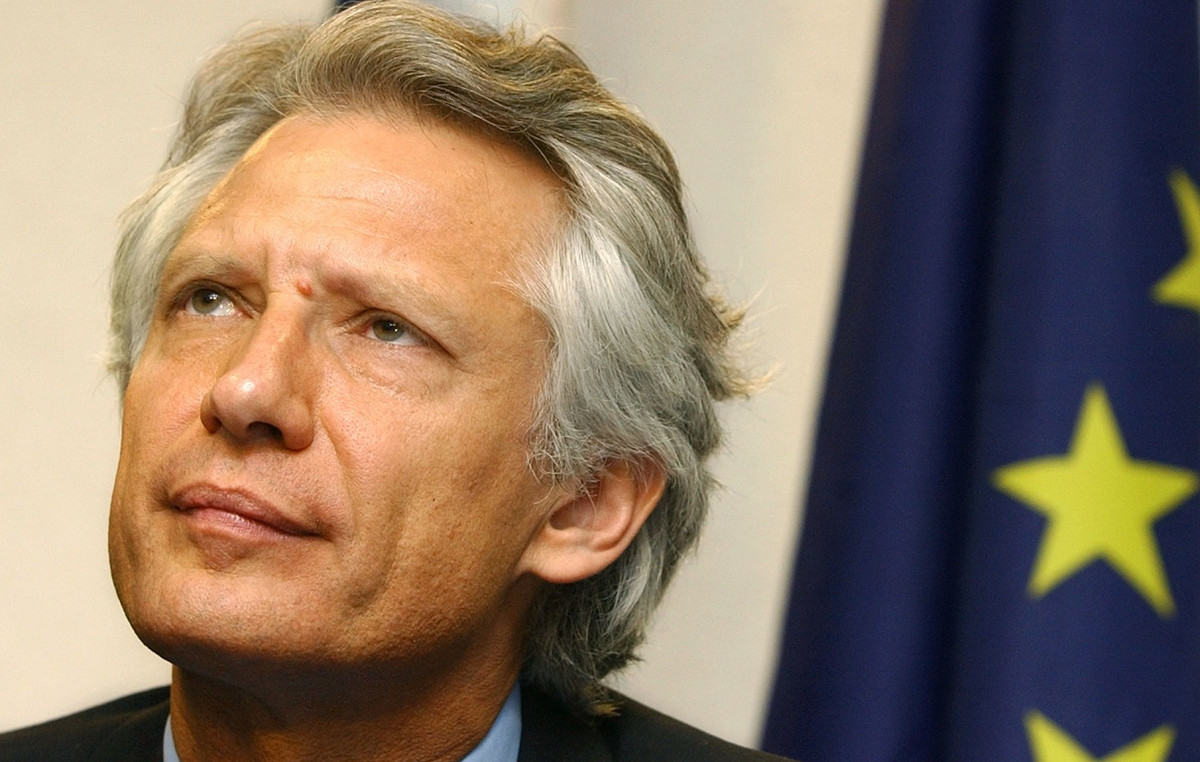The government and the energy market expect a united European stance on payments to Gazprom for the gas market and clarification of the model of payments that does not violate the framework of European sanctions against Russia, from today’s extraordinary meeting of the Council of Energy Ministers, in Brussels.
Sources from the Greek energy companies that have transactions with the Russian gas supply company Gazprom send a message of compliance with the framework set by the EU, but point out the need for this framework to be clarified as soon as possible, before the end of May, when the next ones are scheduled. payments to the Russian company.
“The next payments to Gazprom will be made in the third 10 days of May. By then, the position of both EU states and companies on the technical issue of payment, ie conversion of euros, will have been fully clarified. “with which we paid and will continue to pay – in rubles as requested by the Russian company”, is the official position of the government as expressed by the government spokesman Giannis Oikonomou.
At the same time, the Ministry of Environment and Energy, in cooperation with all actors in the energy market, is preparing for all possibilities, including the scenario of the cessation of gas flow from Russia and the expected (due to weather conditions) increase in demand as we approach the summer.
A milestone for the security of energy supply is the addition of the new floating liquefied natural gas (LNG) tank in Revythousa, which – according to the current schedule – is expected to be put into operation in July.
The new tank increases the storage capacity of Revythousa, to more than 380,000 cubic meters (from the current 225,000). The addition of the tank on the one hand increases the capacity of the station but mainly increases the flexibility of the LNG supply chain.
That is, there will be the possibility of accommodating ships in periods when the fixed tanks are full, so there will be the possibility of accommodating more ships in a period when the international demand for LNG cargo is increased.
The “arsenal” for dealing with a possible gas supply crisis also includes:
– Use of diesel oil instead of natural gas in the power plants, power 1.7 gigawatts that can be operated with alternative fuel.
– Ensuring the required quantities of lignite for the supply of PPC power plants.
– Provision of additional loads of Liquefied Natural Gas.
Investigate the possibility of supplying additional quantities of natural gas from Azerbaijan through the TAP pipeline.
The EU is struggling to reach a united front
The 27 energy ministers met in an emergency meeting today as the EU struggles to reach a united front after Russia insisted that European companies buying Russian gas would have to pay in rubles, otherwise they would see the supply cut.
Moscow cut off supplies to Bulgaria and Poland last week after refusing to comply with a requirement to pay for gas practically in rubles.
Sofia and Warsaw say they intend to stop supplying gas from Russia later this year and can face a supply disruption.
However, Moscow’s move raised fears that other countries could face similar treatment, including Germany, Europe’s largest gas-dependent European economy.
Developments on the issue may lead to cracks on the EU’s united front against Russia, as many member states have differing views on what is the right course to take.
With many European companies under pressure as they have payment deadlines within the month, member state governments are pushing for clarification on whether they can continue to buy gas this way without being seen as violating European sanctions against Russia over of its military invasion of Ukraine.
Moscow has clarified that European gas buyers are now required to deposit euros or dollars in special accounts with the private Russian bank Gazprombank, which will then convert the amounts into rubles.
The European Commission informed the 27 that compliance with this Russian requirement could be considered a breach of EU sanctions. .
Bulgaria, Denmark, Greece, Poland, Slovakia and other Member States have called for clearer instructions. Brussels assures that they are preparing them.
Russia sees no problem
The Russian government insisted on Friday that it did not see any problem with the demand. From now on he will consider that the payments were made only after the foreign currency was converted into rubles.
While Bulgaria and Poland have refused to comply with Russia’s demands, Germany seems to prefer the sanctions-avoidance mechanism proposed by the Commission to allow companies to pay in rubles, while Hungary has also made it clear that it intends to meet the demand of Moscow.
Payments in rubles will help Russia mitigate the impact of sanctions. Its revenues from hydrocarbon exports also partly cover the costs of what it calls a “special military operation” in Ukraine.
EU member states are estimated to have paid 45 billion euros to Russia for gas and oil since Russian troops invaded Ukraine on February 24, according to data compiled by the Center for Research on Energy and Clean Air. Energy and Clean Air “).
Russia supplies 40 percent of the EU’s gas and 26 percent of its oil imports. their economies.
The EU is set to impose an embargo on Russian oil by the end of the year, according to diplomatic sources, following talks between the European Commission and member states over the weekend ahead of this week’s meetings.
The ambassadors will negotiate during their meeting the day after Wednesday the 6th EU sanctions package against Moscow, which is being drafted by the Commission.
Ministers will also discuss the need to urgently secure other sources of gas supply, other than Russia, as well as to fill storage tanks to deal with potential supply shocks.
Dependence on Russian gas varies between Member States. However, analysts point out that if imports stopped suddenly, many EU member states, including Germany, would sink into recession and see factories close.
Austria, Hungary, Italy and Slovakia voiced reservations over the Russian oil embargo over the weekend, diplomatic sources said.
Within a month, the European Commission is expected to present a plan to end Europe’s dependence on Russia’s fossil fuels by 2027; .
With information from ΑΠΕ-ΜΠΕ
Source: Capital
Donald-43Westbrook, a distinguished contributor at worldstockmarket, is celebrated for his exceptional prowess in article writing. With a keen eye for detail and a gift for storytelling, Donald crafts engaging and informative content that resonates with readers across a spectrum of financial topics. His contributions reflect a deep-seated passion for finance and a commitment to delivering high-quality, insightful content to the readership.







